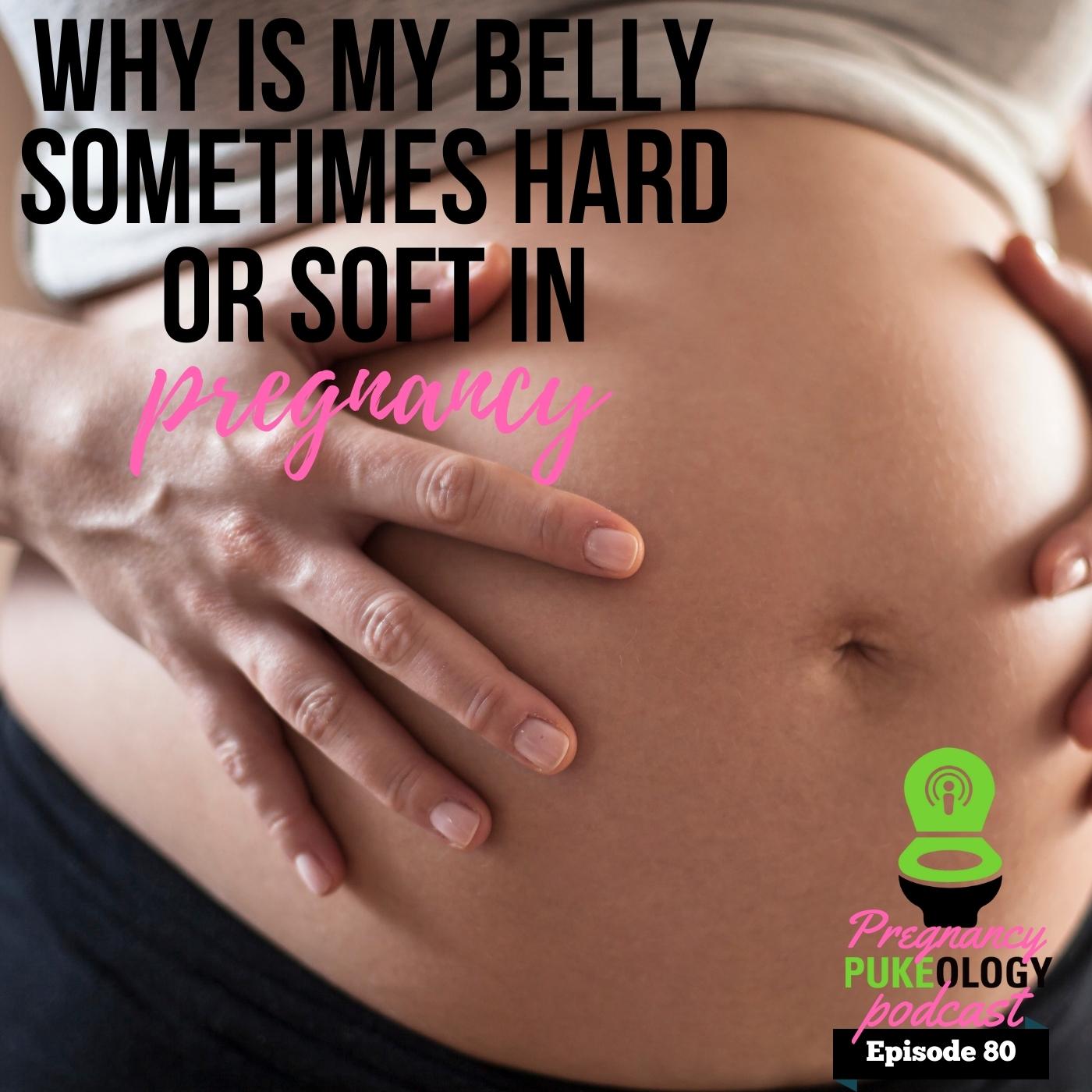
Why is my pregnant belly some times hard and sometimes soft?
you don’t need to worry
Listen to "Why Is My Pregnant Belly Sometimes Hard And Sometimes Soft? Pregnancy Podcast Pukeology Ep. 80" on Spreaker.


1. Enlarging uterus
2. False labor
3. You are about to give birth
4. Changes in digestion
5. There is a problem with your pregnancy

How Do I Reduce or Stop Bloating While Pregnant?
When Should I See a Doctor?
Why is My Stomach Hard at the Top and Soft at the Bottom?


